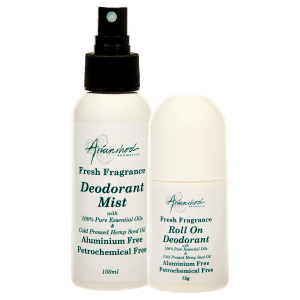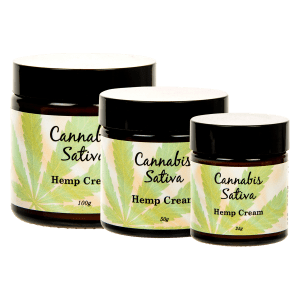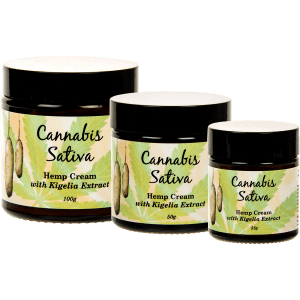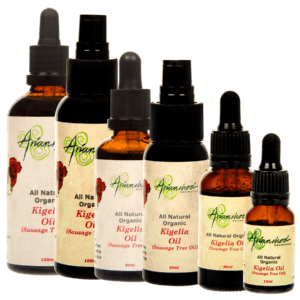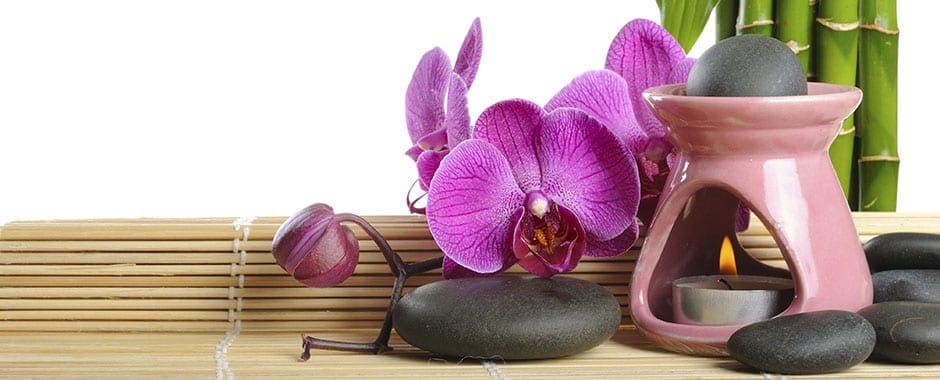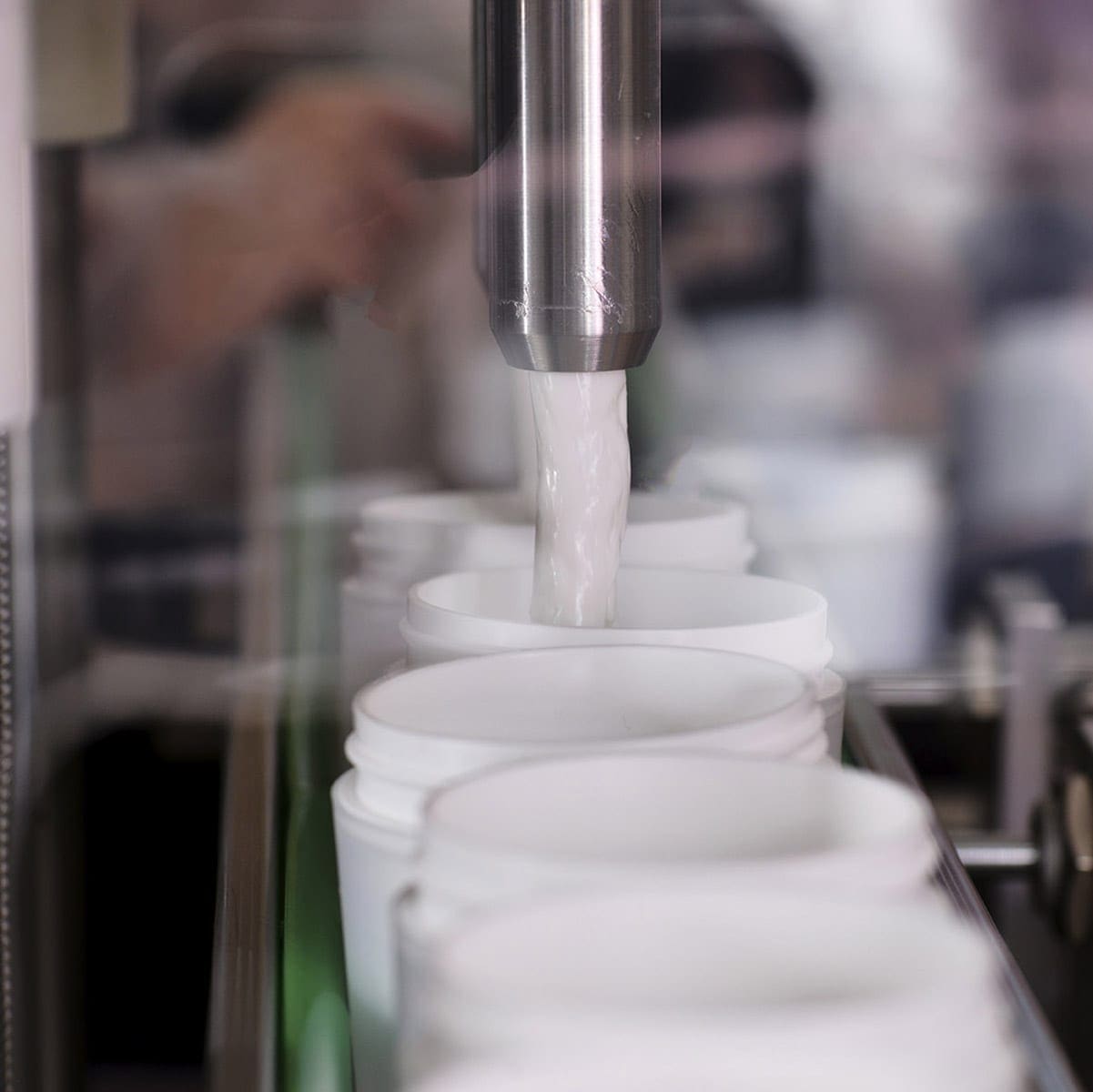Aromatherapy and Skincare, The Natural Partners
The use of 100% pure essential oils in skincare and other products offers a multitude of benefits to both mind and body. It is no secret that essential oils have been utilised in skincare, perfumes and cosmetics, since their discovery in early times. In this article we examine why this practice continues today and how using 100% pure essential oils in this manner contributes to health and wellbeing in so many ways.
First, lets take a look at the word ‘aromatherapy’. Dictionaries variously define it as “the use of fragrances to affect or alter a person’s mood or behaviour” and “the use of fragrant essential oils as a treatment in alternative medicine, often to relieve tension”. However, I think this word bears closer examination. One of the best-known ways aromatherapy works is with our sense of smell. But how does the olfactory nerve actually utilise and access the benefits of aromas?
The most obvious and best-understood way the nasal passage absorbs the aromas, is via inhalation of vapours that rapidly absorb into the bloodstream through the capillaries of the lungs, thereby imparting physiological benefits. A common example of this is the relief most people with respiratory congestion experience when they inhale eucalyptus oil vapour. In skincare, this offers a double benefit, as in the example of an essential oil scented body lotion that both nourishes the skin and is inhaled and absorbed into the bloodstream.
However, there is also the psychological effect to account for. Two olfactory nerve tracts connect directly to the limbic system in the brain. This is the part of the brain is concerned with emotion and memories. Throughout history the folklore handed down to us has reported so many perceived effects of scents on our psyche such as rose, which has the reputation of being associated with love; beauty and spiritual depth. The associations between essential oils and the effect they have on the mind are now better-understood and often still ring true today.
But there is even more to aromatherapy and the therapeutic qualities of essential oils, we need not rely upon the nose alone. Essential oils also absorb into the skin and can enter the bloodstream via topical applications. The benefits of essential oils used in this manner include aiding circulation; relieving aching joints and muscles; boosting immunity, and clearing the respiratory system, just to name a few.
Plus of course, there is the therapeutic benefit essential oils impart to the skin itself, including but not limited to acting as an anti-fungal; anti-inflammatory; deodorant; antibacterial and parasiticide. Yet we have not even touched on probably best known use of essential oils in skincare: the soothing, hydrating, nourishing, cleansing and many other benefits they can impart to the skin.
The use of aromatherapy in skincare works on a myriad of levels. Psychologically to calm, harmonise, uplift and/or invigorate the mind. Physiologically to soothe, relieve, purify and boost immunity. Therefore, using pure essential oils in our skincare is one of the best ways to reap the advantages they offer on every level: you not only enjoy the aroma but also benefit from it. Plus you not only nourish the skin’s surface but the active properties absorb into the deeper tissues and circulate the bloodstream, where they can work their magic.

